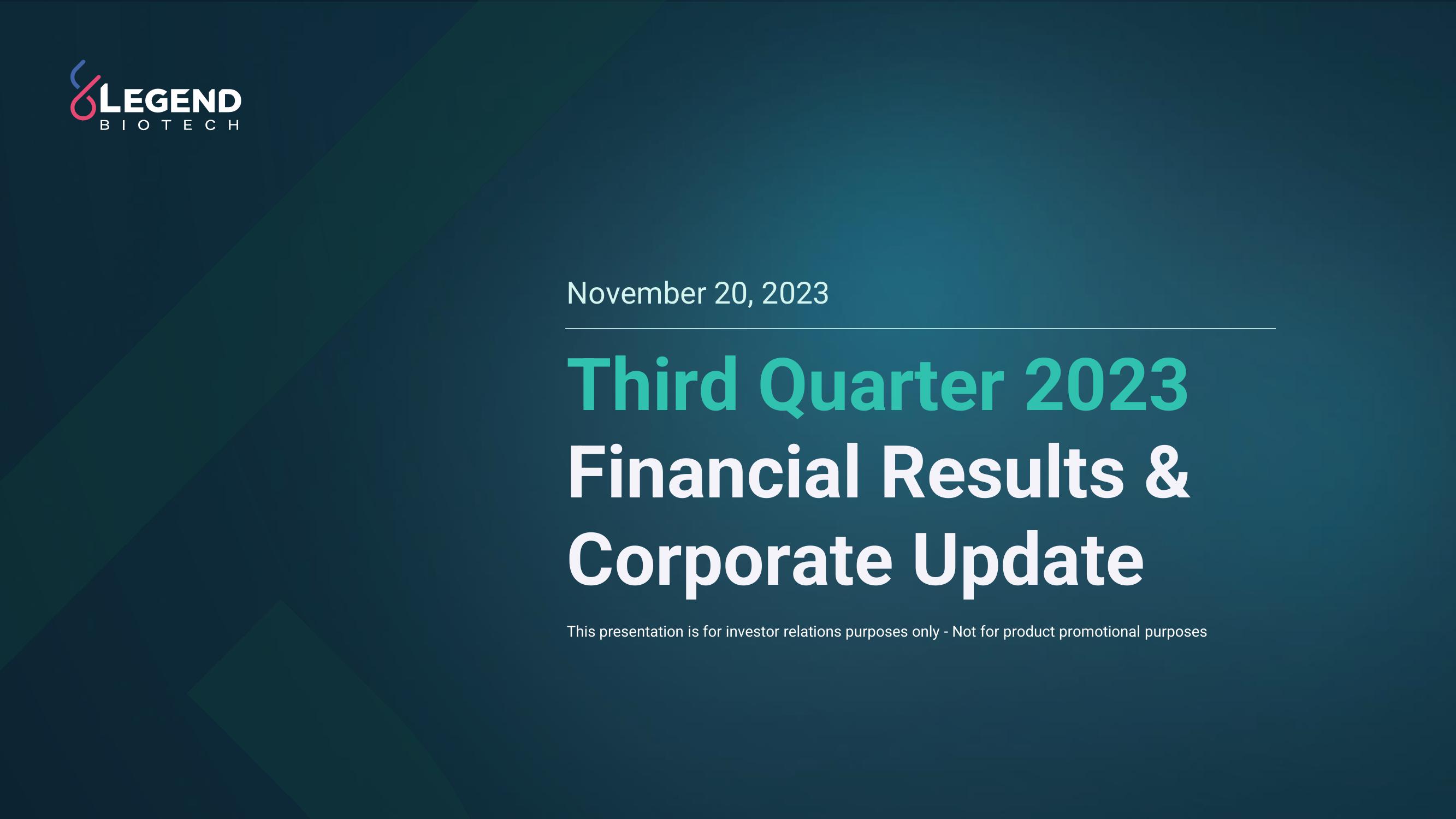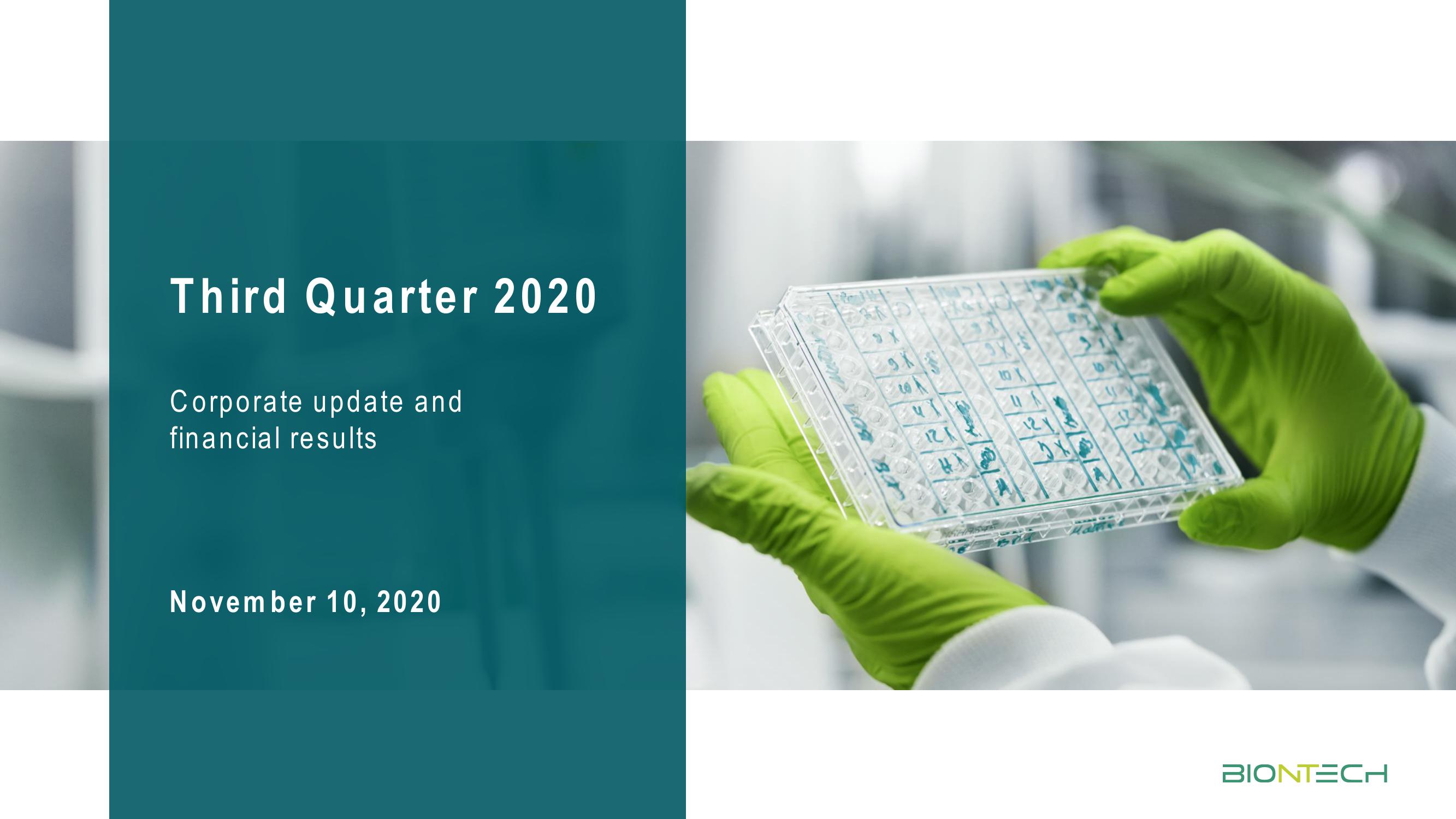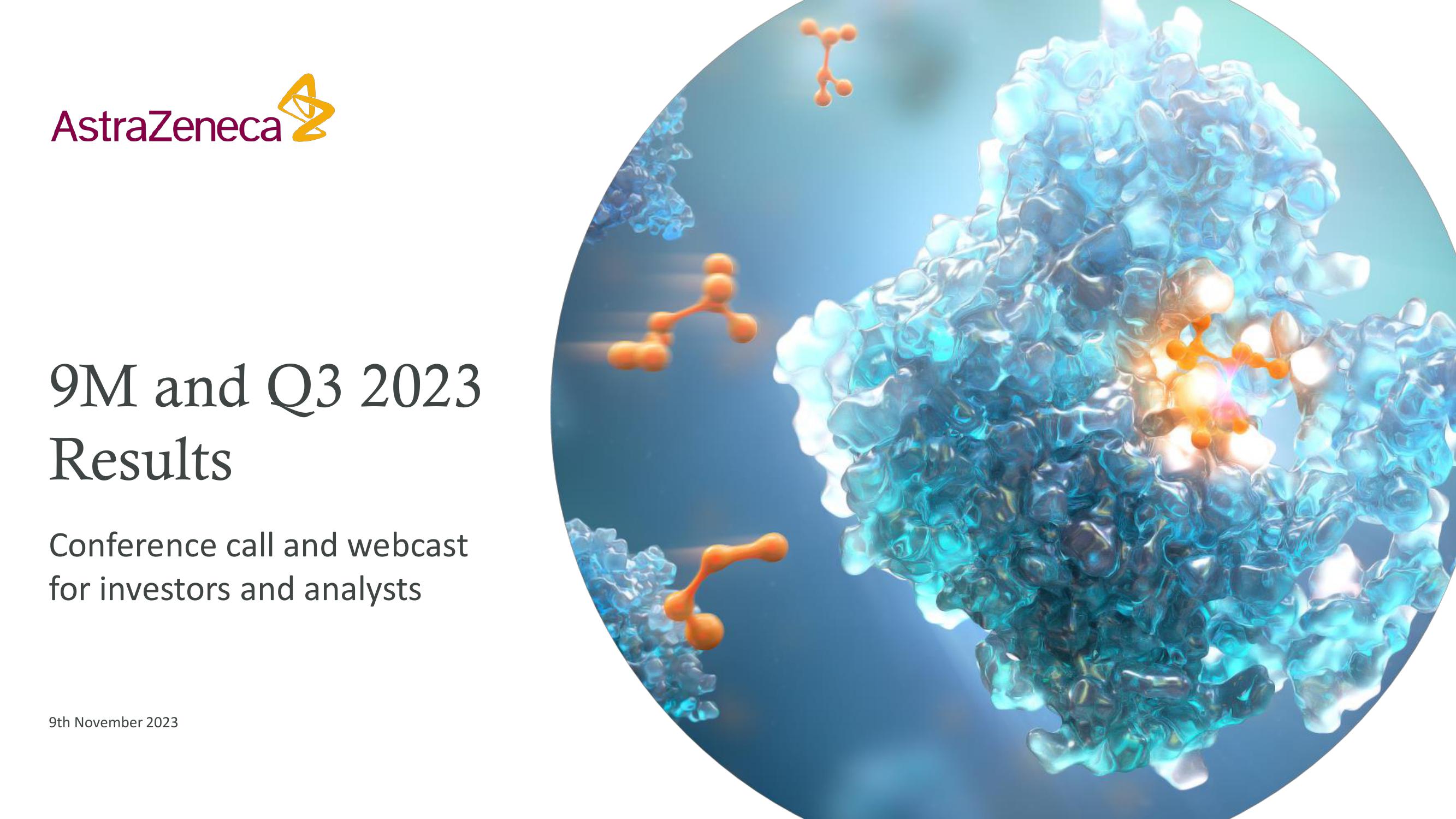G20 Development Working Group Submissions
Made public by
Commonwealth Secretariat and la Francophonie
sourced by PitchSend
Creator
Commonwealth Secretariat and la Francophonie
Category
Global Development
Published
April 2013
Slides
Transcriptions
Download to PowerPoint
Download presentation as an editable powerpoint.
Related






























































































